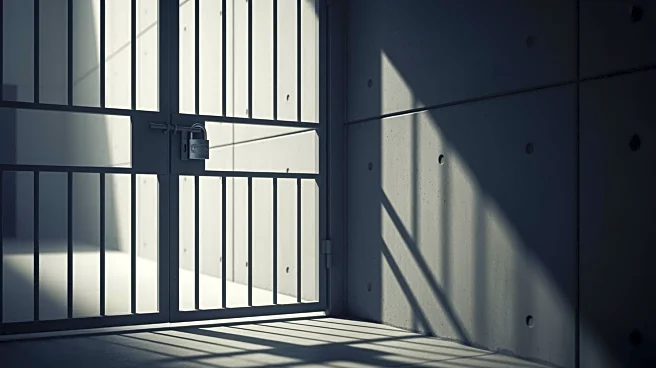What's Happening?
OpenAI has blocked users from creating videos of Martin Luther King Jr. on its Sora app after complaints from the civil rights leader's estate about disrespectful depictions. The app, which allows users to
create deepfake videos, faced criticism for enabling the spread of offensive and inaccurate portrayals of King. OpenAI responded by strengthening its guardrails for historical figures, allowing estates to control how likenesses are used. The app's approach to safety has raised concerns among intellectual property lawyers and disinformation researchers.
Why It's Important?
The controversy surrounding the Sora app highlights the ethical and legal challenges posed by AI technology, particularly in the realm of deepfakes. The ability to manipulate the likenesses of historical figures without consent raises significant concerns about privacy, defamation, and the potential for misinformation. This incident may prompt further scrutiny of AI applications and lead to calls for stricter regulations to protect the rights of individuals and their estates. It also underscores the need for companies to balance innovation with ethical considerations.
What's Next?
OpenAI's decision to block certain videos may lead to broader discussions about the regulation of AI-generated content. Stakeholders, including legal experts and civil rights advocates, may push for clearer guidelines and protections against misuse. The company may face pressure to enhance its consent mechanisms and collaborate with estates to ensure respectful portrayals. Additionally, the incident could influence other tech companies to reevaluate their policies on AI-generated content, potentially leading to industry-wide changes.
Beyond the Headlines
The incident raises deeper questions about the role of AI in shaping public perceptions and historical narratives. As technology advances, the potential for AI to alter or distort reality becomes a pressing concern, necessitating a reevaluation of ethical standards and societal norms. The case also highlights the importance of preserving the integrity of historical figures and the impact of technology on cultural memory.








